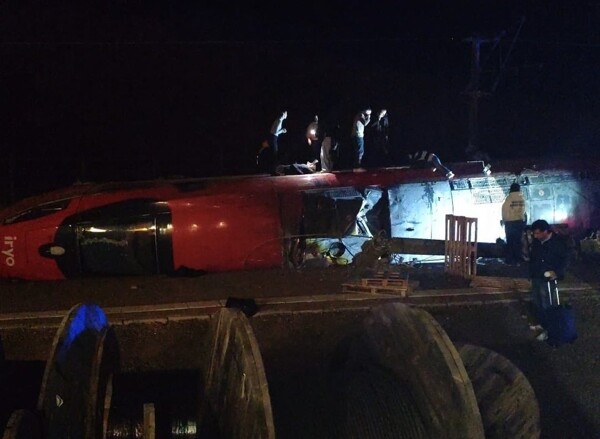The head of liver transplants at the Reina Sofía Hospital in Córdoba expressed concern about the lack of young professionals in the field of transplants and the need for renewal within the team. Despite the current success of the transplant program at the hospital, with a significant increase in the number of donors leading to a high level of grafts, there is an urgent need to ensure generational change to maintain the quality and effectiveness of the program in the long term.
Javier Briceño, the head of the General and Digestive Surgery Department at the hospital, pointed out that while the successes in the number of transplants are important, the fundamental aspect is the outcomes and their quality. He highlighted a specific success story, that of Carmen García, a 15-year-old girl who received kidney and liver transplants, to emphasize the importance of focusing on the results achieved.
Briceño warned about the need to pay attention to working conditions and the recognition of young professionals in the field of transplants, as a high percentage feel burned out and consider leaving the program in the coming years due to the demands and lack of recognition. The specialist called on authorities and stakeholders in this area to coordinate efforts and ensure the future of the program.
The transplant program at the Reina Sofía Hospital has achieved record numbers in liver and lung transplants, establishing itself as a regional and global benchmark. However, the lack of adequate generational change could jeopardize the continuity and effectiveness of the program in the long term. In this regard, Briceño urged institutions to take urgent measures to ensure team renewal and the sustainability of the transplant program.












